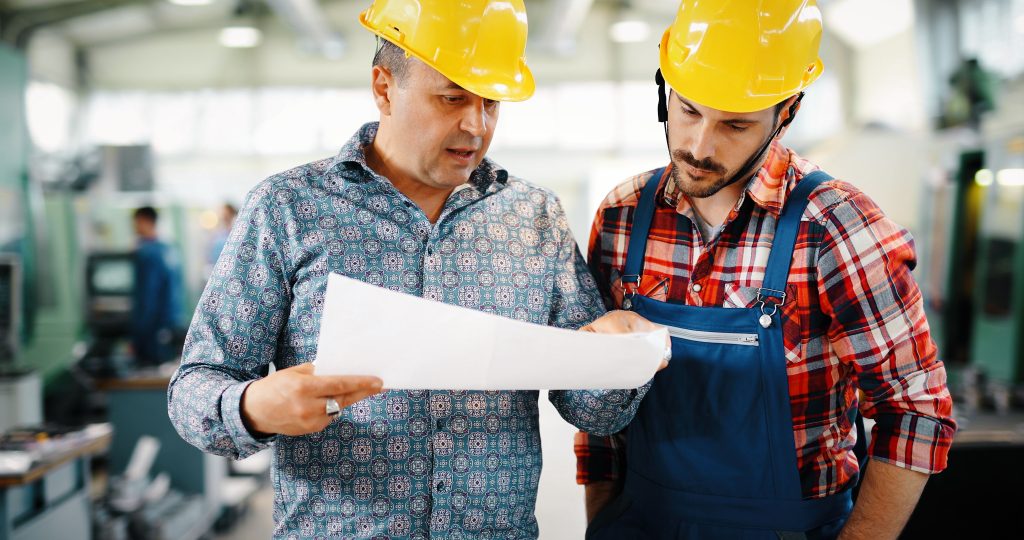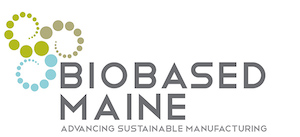Maine Considers Production Tax Credit for Biobased Manufacturing

The Maine Legislature votes next week on LD 1698, a production tax credit for manufacturing biobased chemicals and products, which will create hundreds of high-paying jobs and revitalize rural Maine communities.
Biobased Maine supports LD 1698, and hopes Maine legislators will enact the bill to position our state as a leader in the global bioeconomy.
“This tax incentive will revitalize economically distressed Maine mill communities, and diversify our forest products industry so that it may see continued growth and success in the future,” said Peggy Daigle, former town manager of East Millinocket, Old Town, Millinocket and Lincoln, in a letter to the editor in support of LD 1698 in the Bangor Daily News.
Steve Sanders, director of mill site redevelopment at Our Katahdin, in a letter to the Bangor Daily News agreed that LD1698 would benefit Maine’s rural communities and forest industry.
“Biorefineries create high-value products from a low-value resource, much like paper mills,” wrote Sanders. “For communities like Millinocket that have been devastated from the decline of the paper industry, next-generation forest products will be essential to attract new workers, expand their tax base and restore their culture.”
Indeed, projections for jobs and investment under the tax credit are promising.
With the production tax credit, in the next ten years, our analysis found that successful growth of the forest bioproducts sector alone could attract investment of more than $1 billion in new manufacturing facilities and create more than 1,000 new jobs in manufacturing, logging, transportation and other support industries.
The tax credit would also make Maine a national leader in the bioeconomy. The state would replace more than 250,000 tons per year of petrochemicals and fossil fuels with biobased products made of renewable raw materials, and drastically reduce greenhouse gas emissions by more than 750,000 tons per year due to biobased products’ much smaller carbon footprint during manufacture and use.
Read more about the tax credit here. If you’d like to learn how you can help advocate for LD 1698, please get in touch.
